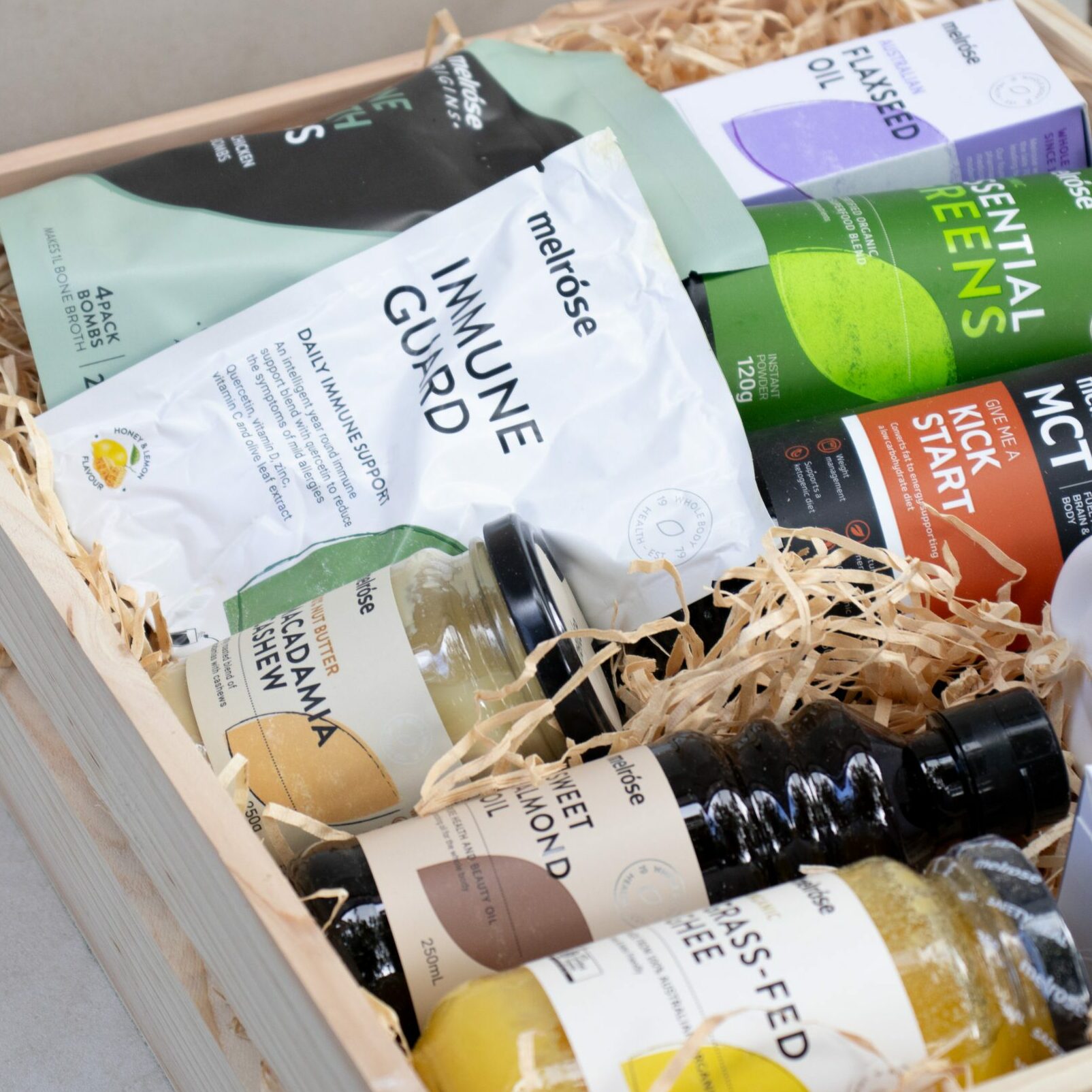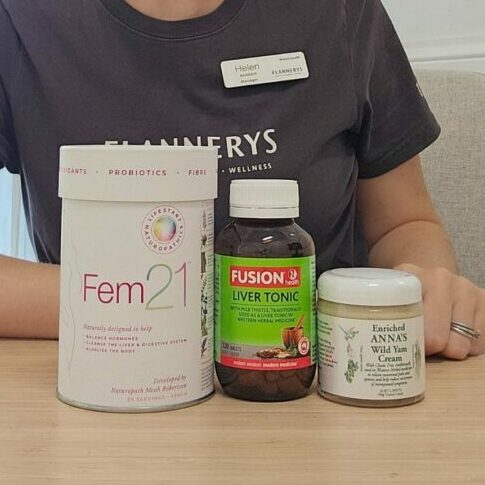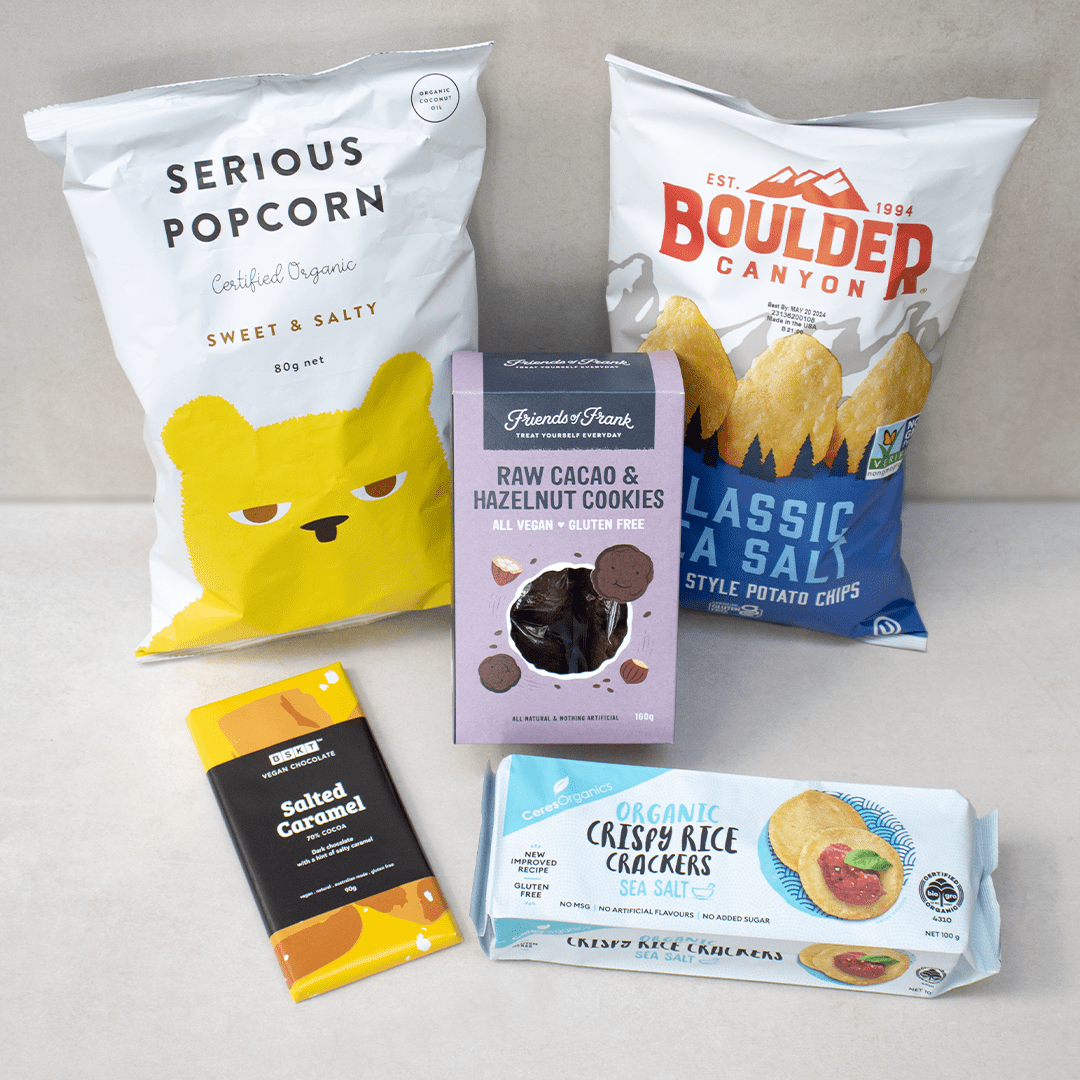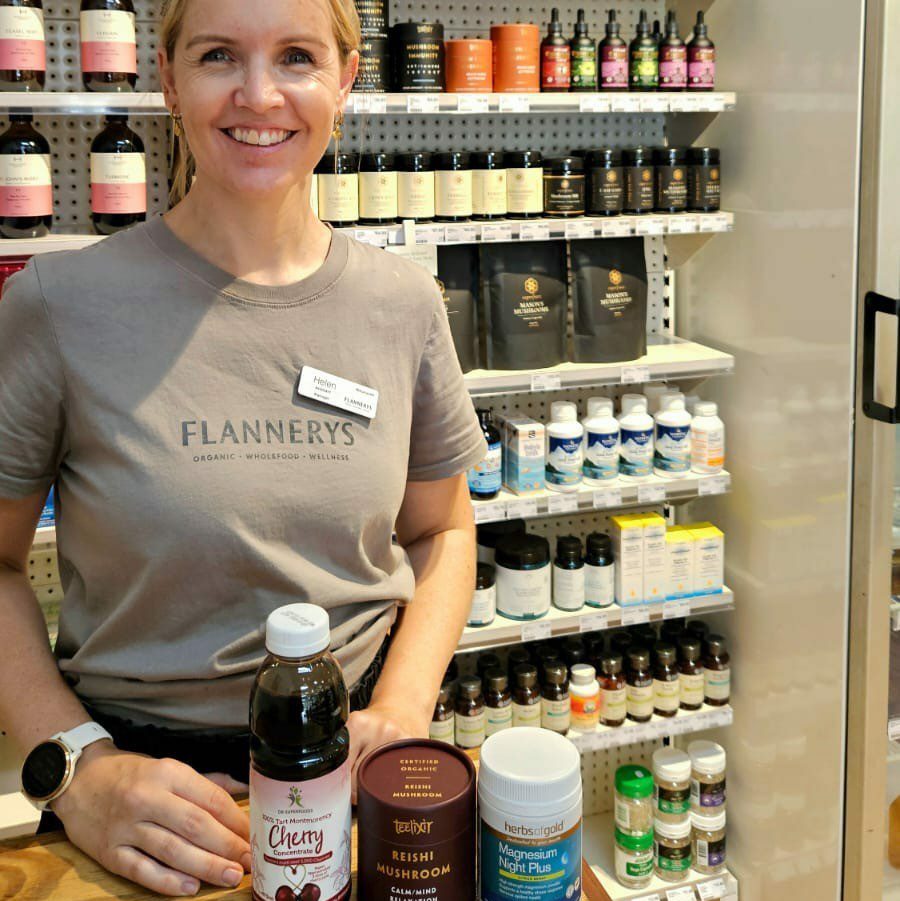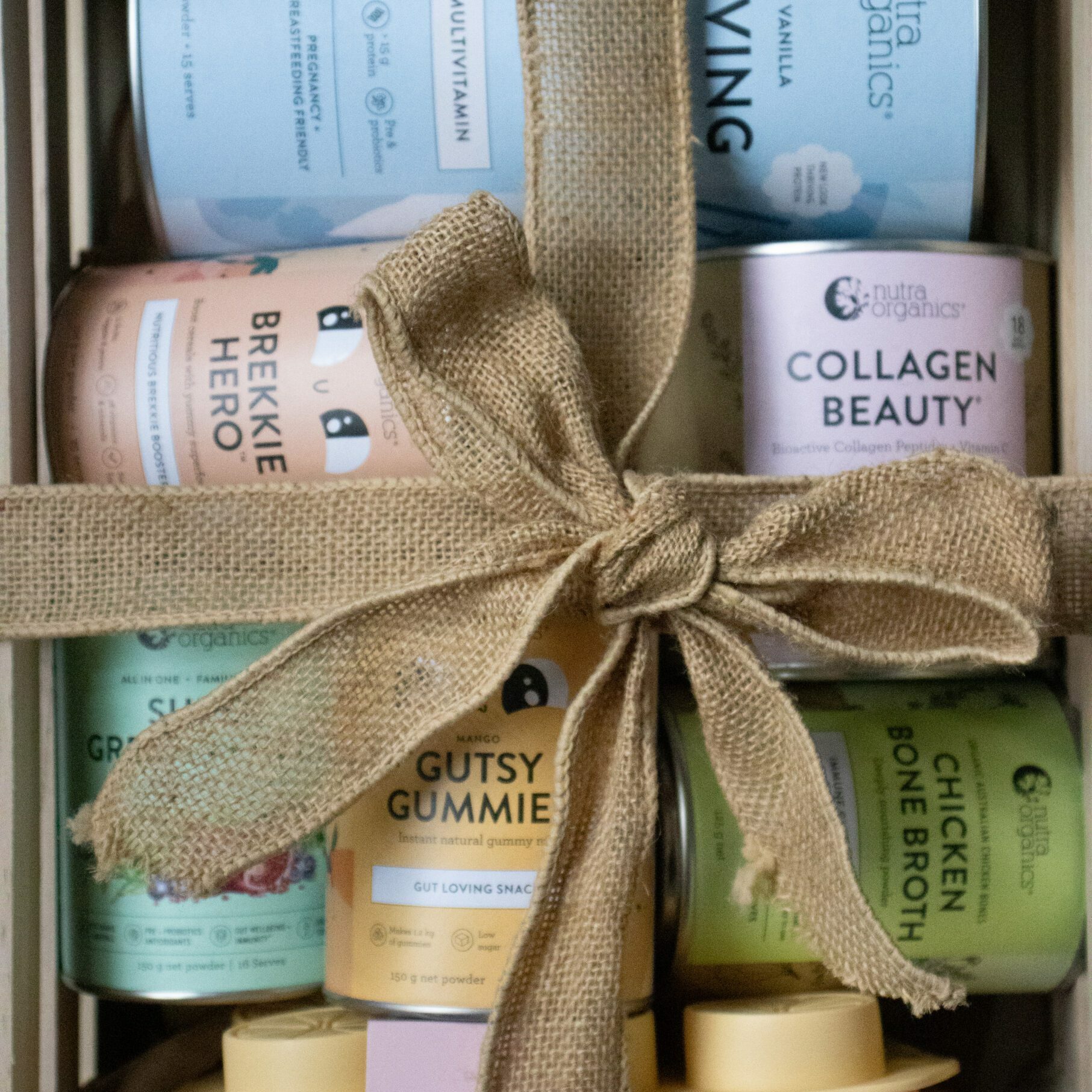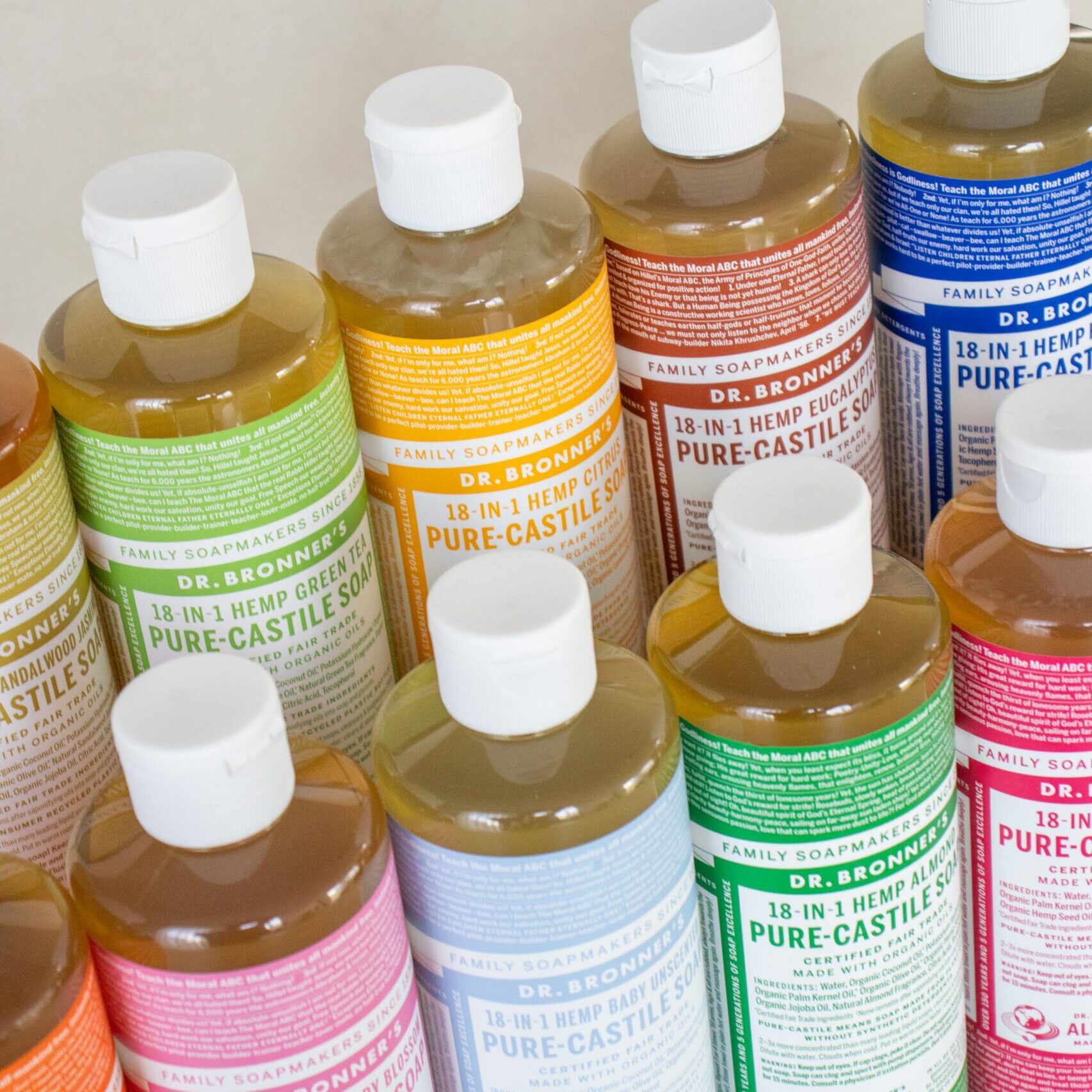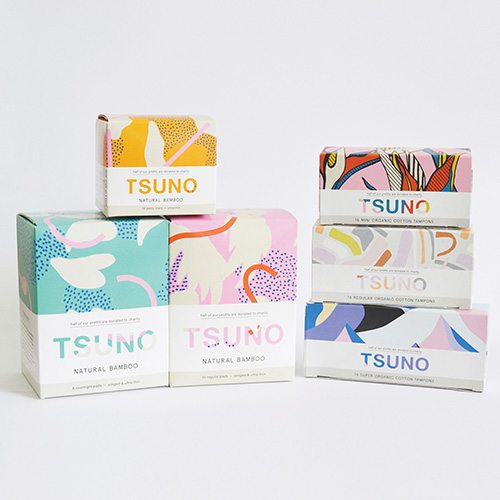
07.03.2018
In the spotlight – Roz from Tsuno – Celebrating International Women’s Day
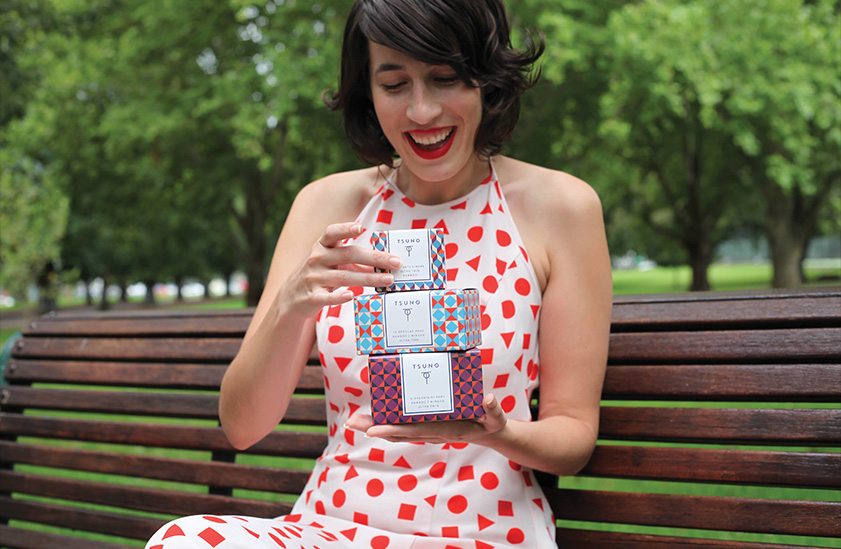
In celebration of International Women’s Day we chatted with the inspirational founder of women’s hygiene products ‘Tsuno’, Roslyn Campbell aka Roz. You will find her on Instagram in a vagina costume, posing with a shipping container filled with tampons and pads or supporting as many not for profit organisations that are advocating for all women to have access to this much needed product.
Roz says she developed Tsuno when it became apparent to her that most pads and tampons on the market were predominately made of plastics.
“I was oversees and lo and behold got my period. My friend introduced me to the menstrual cup, something that I had never heard of before, so I gave it a go. It works great for some women but I found myself still using pads with it.
“I was studying industrial design at the time and started to do some research around women’s hygiene products. I honestly couldn’t believe what made up these products that we are putting inside our bodies” Roz says.
“The amount of plastic that is used that after just a few hours, ends up in landfill for hundreds if not thousands of years. Pesticides are sprayed all over the cotton to help it grow and chlorine used to bleach them.”
Did you know that certain feminine hygiene products are considered a medical device, meaning manufacturers aren’t required to disclose their ingredients? Just like our food, it’s important to know what goes into our daily needs products. They can contain ingredients such as:
Synthetics:
Rayon and plastics, all of which are in direct contact with the most absorbent part of your body as a female.
Parabens:
Mainly used as a preservative in feminine care. Parabens are skin irritants and allergens, which may affect hormonal and estrogen levels.
Fragrance:
‘Fragrances’ can include chemicals known to be carcinogens, endocrine disruptors, irritants and allergens.
Dioxins:
Carcinogens that may cause immune, reproductive, developmental and hormonal problems. Often by-products of the chlorine used for the bleaching process.
Pesticide residue:
Look out for products using conventionally-grown cotton – this is treated with heavy pesticides, such as pyrethrum, procymidone, mecarbam and fensulfothion. Unless it’s organic it’s not chemical free.
Roz begun developing a product that was natural, organic, and chemical free.
“There had to be a better way to look after ourselves. I sourced a product from a manufacturer working with sustainable fibres. They make bamboo and corn fibre disposable sanitary pads. Bamboo is an amazing material. I did a crowdfunding campaign that took off and I was blown away at the support, this highlighted to me the importance to get Tsuno off the ground and running.
“Along the journey of developing Tsuno something very important was brought to light to me, something that I had not thought of up until this point. The exorbitant amount of women all over the world who do not have access to pads and tampons.
“It is now something that Tsuno wholeheartedly supports in every aspect that we can. We donate 50% of our profit to different not- for-profit organisations that help women get access to pads and tampons. We have also donated over 10,000 boxes of pads and tampons to the Asylum Seeker Recourse Centre, Share The Dignity, Essentials For Women SA, The Rough Period, Pinchofpoo, The Beaty Bank.”
We are so excited to stock Tsuno products and be part of the movement – helping women make better choices for their overall health and wellness. Also knowing that your purchase is making a difference to other women’s lives by helping them get access to these items that some would say we have recently ‘taking for granted’.
Share this post with your friends

